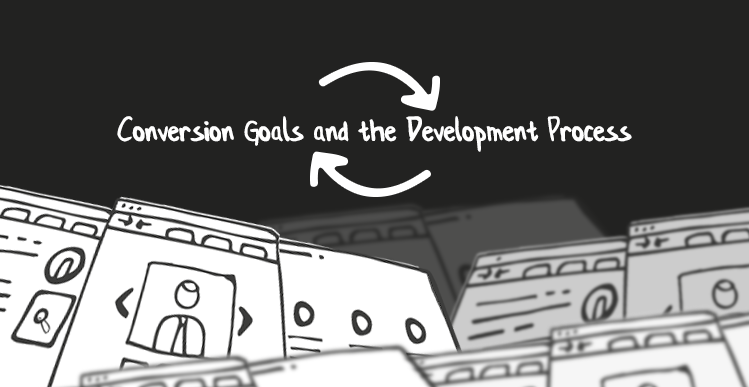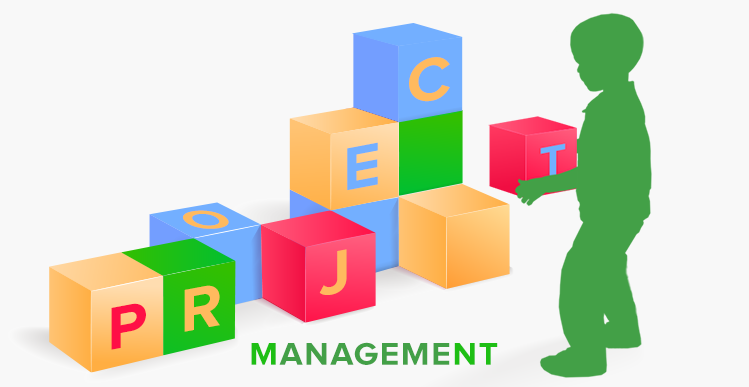
Beyond Marketing: How to Stop Worrying and Love Your Website
Turning mild curiosity into conversions. Enticing that curiosity in the first place. Getting your message heard. Getting your product seen. Proper use of social media. The vague and magical world of SEO.
Hardly any one will argue that the internet is not a place of consumerism. The sites not selling products are selling ideas, trying to get visitors to pay with their time and attention. The pressure to increase visitors and conversions can be both thrilling and exhausting. From the moment you create your first website, you are pulled into the intense world of digital marketing, whether you are a small business owner, a personal blogger, or the head of a marketing department.
Perhaps you love statistics and marketing. Maybe you get off on crafting a media product. But if you ever find yourself overwhelmed with the feeling that you constantly have to be pressing to get your site seen, then you need to take a step back and learn to love your website for everything that it is and could be, rather than just a tool to provoke sales.
The Opposite of Consumerism
Many people will tell you that the opposite of consumerism is minimalism. While that may be true when it comes to material products, the definition falls a little short when applied to the consumption of ideas and media. However, if you are not building a website to be consumed, then why are you building a website?
Art
Whether art needs to be appreciated (and consumed) by others in order to be considered art is another debate. Here, we are focusing on art as self expression. A website, even a commercial one, can be a useful tool to explore and define yourself or your business.
In an artistic sense, a website doesn’t have to be about conversions. Instead, it can be about expression and pushing the limits of your brand.
Community
When building a community through your website, you will still be concentrating on conversions, but instead of defining a conversion as a sale of a product, a conversion will be the interaction of individuals on your website.
Finding ways to get people to not only share your content, but to interact with it so they have a part in creating something more significant than what your company can create is an organic, fun way to inspire brand loyalty.
3 Tips for Loving Your Website
1. Get a Design You Love
You should enjoy interacting with your own website. You should be excited every time you log on to check for comments and make necessary updates. Just like your company’s logo, your website should send shivers of pride down your spine. If it doesn’t at the moment, then you need to consult with a designer to figure out how to make your website more appealing, because if you are not excited about it, your clients won’t be either.
2. Use an Easy, Logical CMS
At PD, we almost exclusively recommend WordPress as the CMS for our clients. It is popular, flexible, has tons of options and plugins, and is easy to learn. I’ll let you in on a secret though. It took my husband almost two years to convince me to switch my personal blog from Blogger to WordPress.Why? Because I was comfortable on Blogger. I was more likely to update when I used an interface I felt comfortable with. After the switch, I find myself writing more posts, using more tools, and taking more pride in my blog. It is a pleasure to update it, so much so that instead of writing when I have something important to say, I find myself going out to find more things to write about.A CMS can be inspiring. If how you update your website feels clunky or aggravating, look into a different CMS that fits your style.
3. Less Can Be More
Do you currently have a rule about how often you have to update your website? 3 social media posts a day, two blog posts a week, product updates every month?While schedules can be a tool for making sure your site is getting seen, they can also make you resent your website. If updating your site feels like a chore, and you groan every time an update alarm goes off, then perhaps you need to lighten your load.Your readers will be able to tell if you are genuinely passionate about the things posted on your website or if they are just fulfilling the requirements for an update regime.
If you find yourself stressed about marketing and obsessing over the analysis of conversions for your website, take a deep breath and a moment to fall in love with your website again. Life is too short to simply be about marketing.
Related


